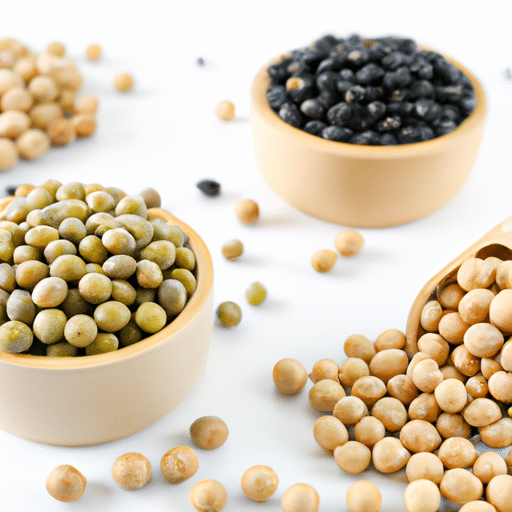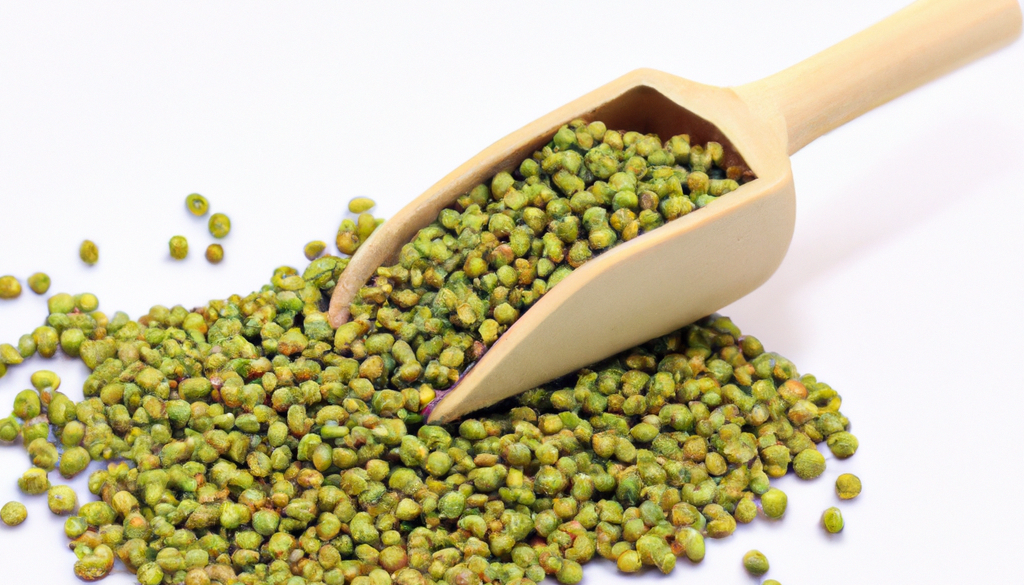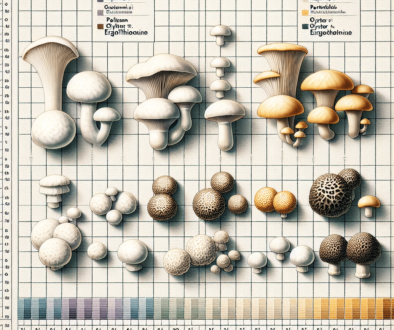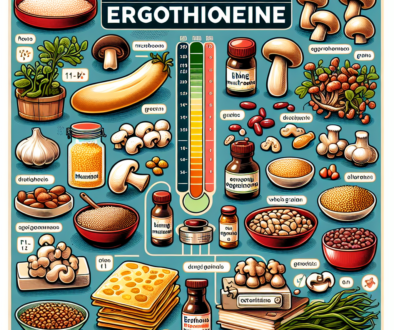Pea Protein: Does It Contain Soy?
-
Table of Contents
Pea Protein: Does It Contain Soy?

pea protein has gained popularity in recent years as a plant-based alternative to animal-based protein sources. It is known for its high protein content, amino acid profile, and allergen-free attributes. However, there is often confusion surrounding whether pea protein contains soy, another common allergen. In this article, we will explore the relationship between pea protein and soy, providing valuable insights to help you make informed dietary choices.
The Basics of Pea Protein
Pea protein is derived from yellow peas, also known as Pisum sativum. It is a complete protein, meaning it contains all nine essential amino acids that the body needs for optimal functioning. Pea protein is also rich in branched-chain amino acids (BCAAs), which are important for muscle recovery and growth.
Understanding Soy Protein
Soy protein, on the other hand, is derived from soybeans. It is also a complete protein and is commonly used in various food products, including protein bars, shakes, and meat substitutes. Soy protein is known for its high protein content and its ability to provide all essential amino acids.
Pea Protein vs. Soy Protein: The Allergen Factor
One of the main concerns for individuals with soy allergies is whether pea protein contains soy. The good news is that pea protein is soy-free. Pea protein is derived solely from yellow peas and does not contain any soy ingredients. This makes it an excellent alternative for those with soy allergies or sensitivities.
It is important to note that while pea protein itself does not contain soy, it is always essential to check the ingredient list of any pea protein product you purchase. Some manufacturers may add soy-based ingredients or use equipment that also processes soy, which could lead to cross-contamination. Therefore, if you have a severe soy allergy, it is crucial to choose a pea protein product that is explicitly labeled as soy-free and produced in a facility that is free from soy contamination.
The Benefits of Pea Protein
Pea protein offers numerous benefits, making it a popular choice among vegans, vegetarians, and individuals with dietary restrictions or allergies. Some of the key benefits of pea protein include:
- High protein content: Pea protein typically contains around 20-25 grams of protein per serving, making it an excellent source of protein for muscle recovery and growth.
- Easy digestion: Pea protein is easily digestible and does not cause bloating or digestive discomfort, unlike some other protein sources.
- Rich in essential amino acids: Pea protein provides all nine essential amino acids, including lysine, which is often lacking in plant-based protein sources.
- Low allergenicity: Pea protein is hypoallergenic and does not contain common allergens such as gluten, dairy, and soy.
- Sustainable and environmentally friendly: Pea protein production has a lower environmental impact compared to animal-based protein sources, making it a more sustainable choice.
Conclusion
In conclusion, pea protein does not contain soy. It is a soy-free alternative that offers numerous benefits, including high protein content, easy digestion, and low allergenicity. However, it is essential to check the ingredient list and choose a pea protein product that is explicitly labeled as soy-free if you have a severe soy allergy. Pea protein is a versatile and sustainable protein source that can be incorporated into various dietary preferences and restrictions.
About ETprotein
ETprotein is a reputable protein Chinese factory manufacturer and supplier, known for producing, stocking, exporting, and delivering the highest quality organic bulk vegan protein and plant proteins. Their offerings include Organic rice protein, clear rice protein, pea protein, clear pea protein, pumpkin seed protein, sunflower seed protein, mung bean protein, and more. These products are characterized by a neutral taste, non-GMO, and allergen-free attributes, catering to a diverse range of industries.
ETprotein specializes in exporting and delivering tailor-made protein powder and finished nutritional supplements. Their extensive product range covers sectors like Food and Beverage, Sports Nutrition, Weight Management, Dietary Supplements, Health and Wellness Products, and Infant Formula, ensuring comprehensive solutions to meet all your protein needs.
As a trusted company by leading global food and beverage brands and Fortune 500 companies, ETprotein reinforces China’s reputation in the global arena. For more information or to sample their products, please contact them at sales(at)ETprotein.com today.
Pea Protein: Does It Contain Soy? Find out the answer and get in touch with us for more information. Contact us here.












